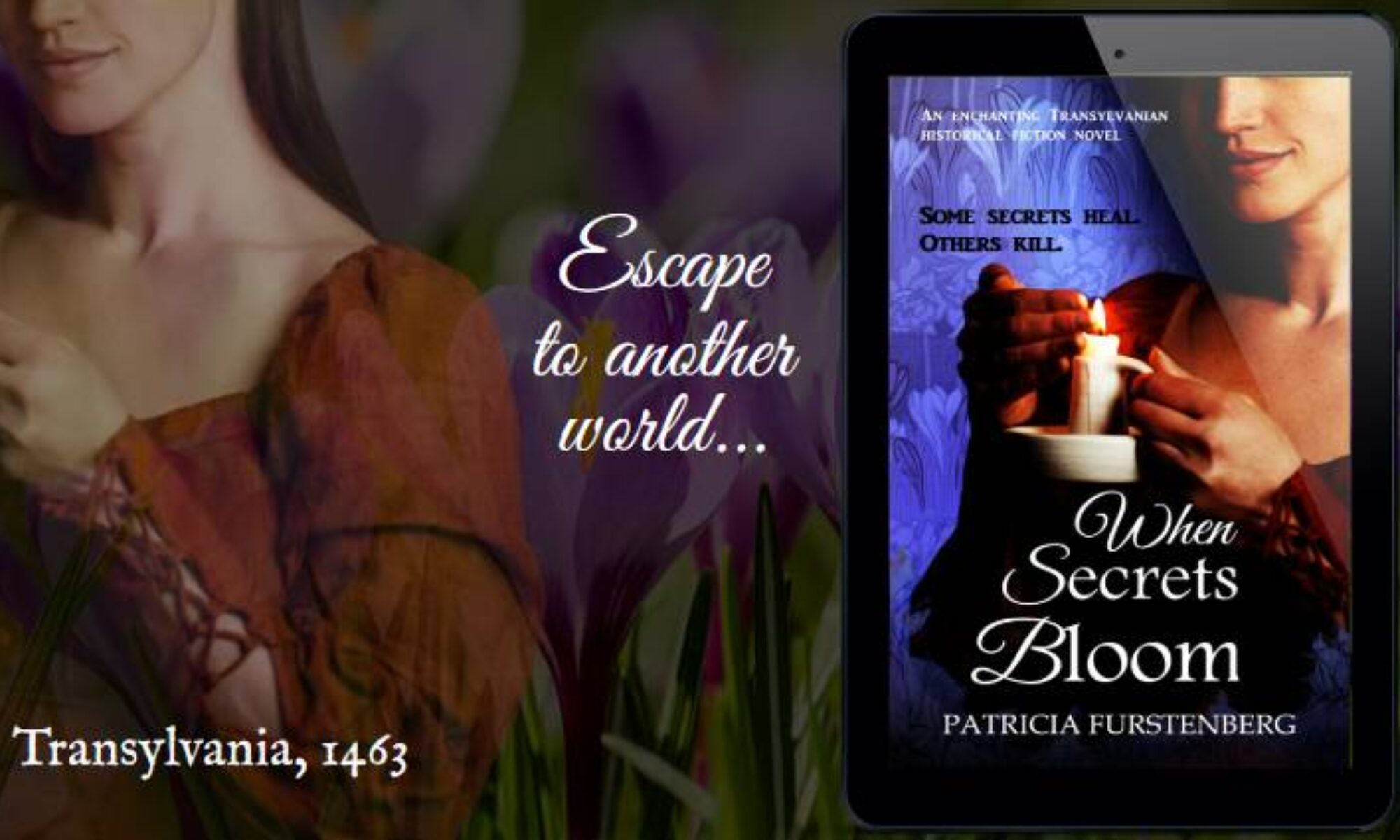As an author, I am the resultant force of the books I read, of the places I visit. As a woman, I am the resultant force of the women who influenced my life – my mother, my grandmothers, my daughter, my girl friends, my female role models. As a human being, I am one of the forces shaping my children’s future; albeit a tiny one, I can point forward and upwards.
Scientia potetia est.
It was an honor to have my article on Why We Need Contemporary War Fiction Written by Women published on Books By Women:
At some stage during my adult life, and this will astound my history teacher if she’d discover, I found myself fascinated by the thought of writing fiction inspired by contemporary events.
A thread that brought me here might have been reading Margaret Mitchell’s “Gone with the Wind” in my teens; another one, witnessing the terrorist attack on World Trade Center on Live TV while pregnant with my daughter. A definite thread, silky and alluring, came from enjoying historical fiction by Philippa Gregory and Diana Gabaldon. While the most recent one, still carding itself, draws from my son’s keen interest in war computer games and my own, in military working dogs.
Contemporary war fiction penned by women pales in comparison to the amount of books written by men. Be it in poetry or prose, throughout the centuries an author, not an authoress, depicted more often the combat male protagonist. As Homer put it in his Iliad, “war will be men’s business”.
Why so, since countless notable women were not afraid of fighting battles? The Greek goddess Athena is shown as a warrior, the patron of justice, strategic warfare, mathematics, and arts. The Celtic goddess Brigid is the patron of poetry and smithcraft. Scathach is an Irish Goddess who taught the martial arts. The Amazons were fierce warrior women and there were even gladiator women, gladiatrices, although Juvenal, the Roman poet of those times, depicted them as a mere novelty. History is splattered with the blood of innumerable women warriors: Hatshepsut, Queen Boudicca, Queen Samsi of Arabia, the Trung Sisters from Vietnam, Empress Theodora of Byzantium, Olga of Russia, Eleanor of Aquitaine, Mary I and Elizabeth I of England.
History also showed us that women who took to war were willingly followed by an army of men and women and that they won their battles much to their opponent’s dismay. Is it the fact that women can stand up for themselves in times of political upheaval what worries men or the fact that women could, eventually, bulldoze them?
With such role models, although nowadays women have changed spear for pen, where has history brought us?
Read my entire article here.
With thanks to Barbara Bos for so graciously facilitating the publishing of my piece.
 Silent Heroes, When Love and Values Are Worth Fighting for is my latest book release, a thrilling read about military dogs, soldiers and the populace caught in the War in Afghanistan.
Silent Heroes, When Love and Values Are Worth Fighting for is my latest book release, a thrilling read about military dogs, soldiers and the populace caught in the War in Afghanistan.
You can read the opening pages right here, on my website.
Read about the symbolism depicted in this novel.
Find out what the readers of Silent Heroes have to say.
Buy Silent Heroes from Amazon UK, Amazon US or use the international Amazon link here.
Silent Heroes is also available in LARGE PRINT.


Talking about history should not have a gender. I myself write about the Pacific War as an unseen narrator in a documentary. My life has nothing to do with the contents of the blog, so that’s how I feel it should be.
Indeed so. Thank you for your comment.
In my opinion, diverse authors implies diverse points of view on the subject of war.
Exactly. Every person sees events and evidence with their own eyes and ears!!